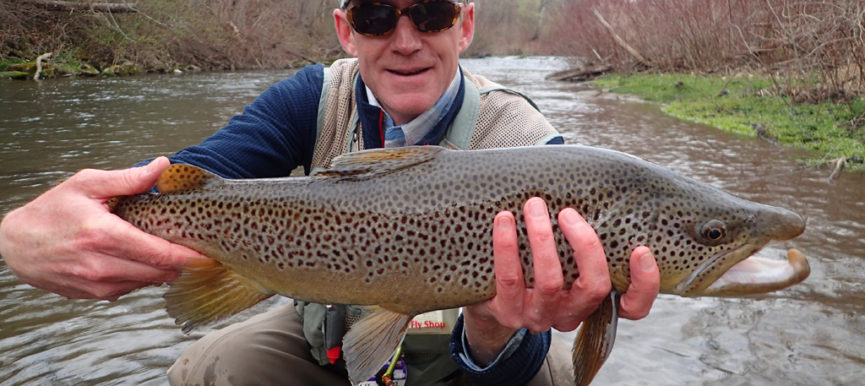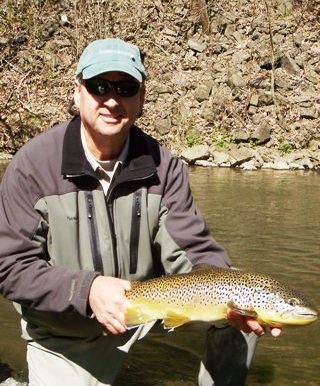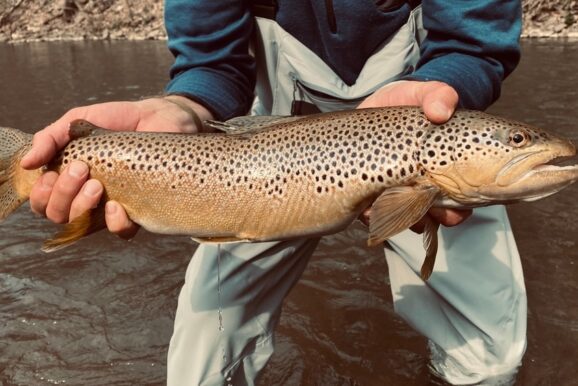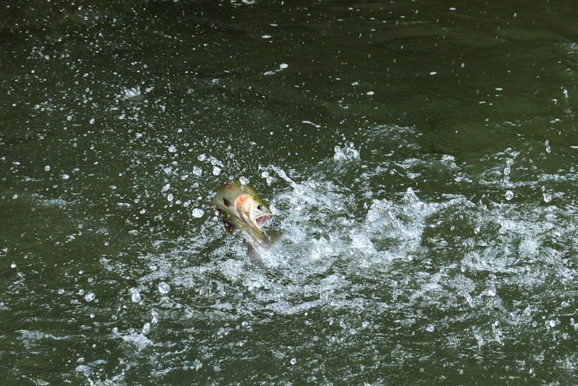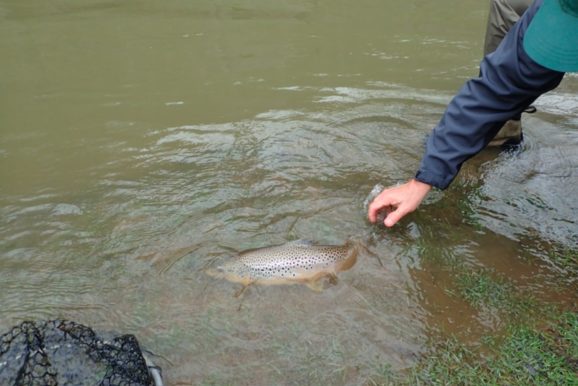With the circumstances of current events, this season will inevitably get off to a slower start. We’ve certainly spent some of this free time fishing ourselves, but I’m also spending a lot of extra time with my gear.
With the amount of time I usually spend on the water in a 9-month period, it’s best to be as prepared and organized as possible before the season starts. This allows me to spend as much of my free time during the year fishing myself, instead of organizing and preparing gear.
Every winter I spend a large portion of time preparing for the upcoming guide season, and my own personal fishing time as well. With the slower start to this season, let’s talk about some brief ways to prepare for the upcoming season on the water.
- Tying Flies– If you tie or want to learn how to tie, extra downtime outside of the fishing season is a great time to focus on fly tying. Whether it’s adding new patterns or stocking up on proven favorites, there is no such thing as having too many flies. In today’s modern age of fly tying there are endless sources on the internet to learn new bugs and tying techniques. I spend way more time than I’d care to admit tying flies over the slower months of the season.
- Fly Box Organization– If you’ve fished with me, you know how over the top I am about the organization of my fly box. You may not want to go to the extent I have, but it’s never a bad idea to sort through fly boxes to figure out exactly what flies you have, and what flies you need more of. If you’re flies aren’t organized in a particular way, developing a system will make it so you always know where to find what you need. For example, my flies are organized into different boxes grouped by types, hatches, usage based on time of year, etc.
- Gear Maintenance– Downtime is also great for taking care of gear. Checking waders for leaks, cleaning fly lines, and washing vests are just a few tasks that I do during winter. I’ll spend other days wiping down rods, rinsing reels, and checking to make sure everything I need is intact and in good shape to get the season started. Some of this time also includes checking supplies of terminal tackle that will be needed such as tippet, leaders, split shot, strike indicators, and tools.
- Gear Organization– If you’ve fished with me, you also know that I am over the top on gear organization. A sportsman trunk by Plano has become my go to gear box. Everything I need such as my vest, reels, rain gear, extra clothes, extra terminal tackle, and extra flies are all organized into one big sportsman trunk. My rods are kept in a rod carrying case that sits beside the trunk, and my waders are in a Rubbermaid container in the bed of my truck. This system allows me to put my gear in and out of my truck in a matter of minutes, and I’m always confident that I have everything I need.
Many of these areas of preparation and organization could be topics of their own. If you would like to learn more about the intricacies of any of my systems mentioned above, please reach out as that could be a good topic for a future blog post.
Like anything in life, being prepared and organized increases productivity and efficiency. A lot of the very best guides and fisherman are always well prepared and organized for a day on the water.
Use these tips during the extra down time over the next couple weeks to develop a system, hone organization, and prepare for the upcoming season. When the season kicks off you will be ready, and it’ll be fish on!

